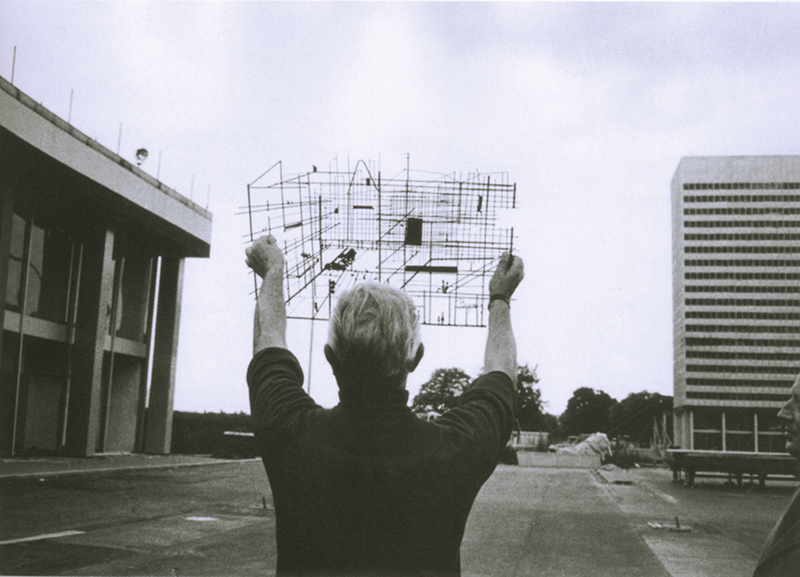Cities, wonderful though they are, can be scary and confusing, but they’re better imperfect than being completely smart and quantified, argues Richard Sennett in the Guardian. He would rather live in Rio’s welter than in Songdo’s planned perfection. An excerpt:
“The debate about good engineering has changed now because digital technology has shifted the technological focus to information processing; this can occur in handheld computers linked to ‘clouds,’ or in command-and-control centres. The danger now is that this information-rich city may do nothing to help people think for themselves or communicate well with one another.
Imagine that you are a master planner facing a blank computer screen and that you can design a city from scratch, free to incorporate every bit of high technology into your design. You might come up with Masdar, in the United Arab Emirates, or Songdo, in South Korea. These are two versions of the stupefying smart city: Masdar the more famous, or infamous; Songdo the more fascinating in a perverse way.
Masdar is a half-built city rising out of the desert, whose planning – overseen by the master architect Norman Foster – comprehensively lays out the activities of the city, the technology monitoring and regulating the function from a central command centre. The city is conceived in ‘Fordist‘ terms – that is, each activity has an appropriate place and time. Urbanites become consumers of choices laid out for them by prior calculations of where to shop, or to get a doctor, most efficiently. There’s no stimulation through trial and error; people learn their city passively. ‘User-friendly’ in Masdar means choosing menu options rather than creating the menu.”
Tags: Richard Sennett

